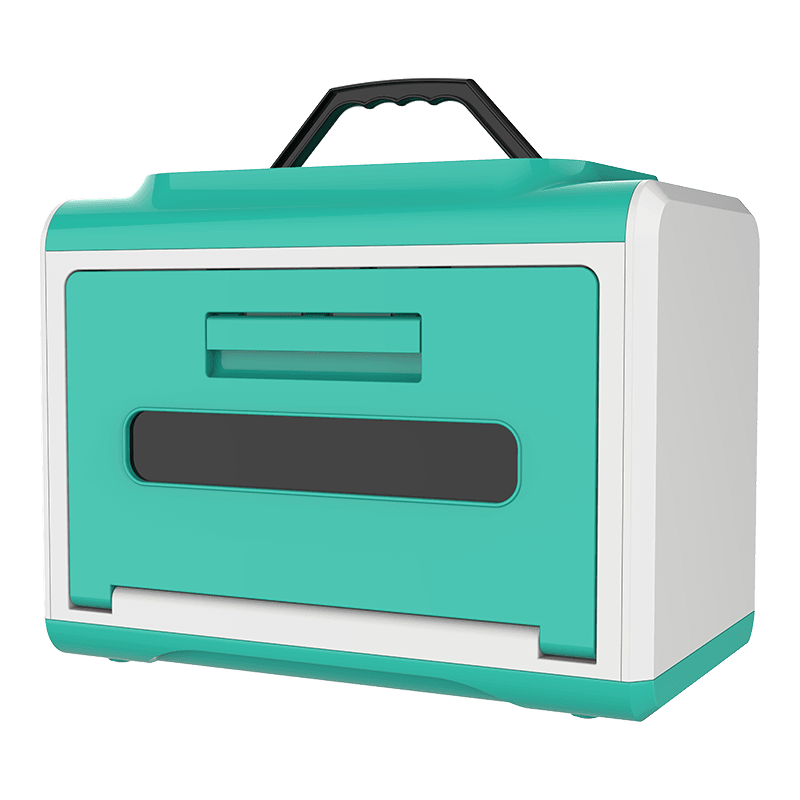Clean and healthy air is essential for our well-being, especially since we spend most of our time indoors. However, with pollutants like dust, pollen, pet dander, and even volatile organic compounds (VOCs) circulating in the air, finding a way to breathe cleaner air is crucial. This is where household air purifiers come into play. They remove these impurities from the air, creating a healthier environment for you and your family.
When it comes to choosing the right air purifier for your home, there are several factors to consider. Let's take a look at some key points to help you make an informed decision.
1. Room Size and Capacity:
The first thing to consider is the size of the room or area where you intend to use the air purifier. Different models have different coverage capacities. It is important to choose an air purifier that can adequately clean the air in the specific square footage of your room. Manufacturers typically provide a recommended room size for each purifier, so always check the specifications before making a purchase.
2. Filtration System:
The filtration system of an air purifier is a crucial aspect to consider. Most air purifiers utilize a combination of filters such as pre-filters, activated carbon filters, and HEPA filters. Pre-filters capture larger particles like dust and pet hair, while activated carbon filters are effective in removing odors and VOCs. HEPA filters are highly efficient at trapping smaller particles, including allergens like pollen and mold spores. Ensure the purifier you choose has a reliable filtration system to effectively capture a wide range of pollutants.
3. Noise Level:
While it may not be a deal-breaker for everyone, the noise level of an air purifier can be an important consideration, especially if you plan to use it in a bedroom or office space. Look for models that are specifically designed to operate silently or have a noise level indicator mentioned in the product details.
4. Additional Features:
Some air purifiers come with additional features that enhance their functionality. These may include programmable timers, remote control, air quality sensors, and multiple fan speed options. Consider which features are important to you and align with your specific needs.
5. Maintenance and Operating Costs:
Air purifiers require regular maintenance, primarily filter replacements. Ensure that the replacement filters are easily available and reasonably priced. Additionally, check the energy consumption and operating costs of the purifier, particularly if you plan to use it for long periods.
6. User Reviews and Ratings:
It is always beneficial to read reviews and ratings from other users who have already used a particular air purifier model. This will give you a better understanding of the product's performance, durability, and customer satisfaction.
Ultimately, the right air purifier for you will depend on your individual requirements and preferences. Consider the size of your space, the filtration system, noise levels, additional features, maintenance costs, and check user reviews to make an informed decision. Investing in a high-quality air purifier will ensure that you and your family can breathe cleaner air and enjoy a healthier home environment. So, take the time to research and choose wisely.

 EN
EN
 English
English 中文简体
中文简体
.png)









